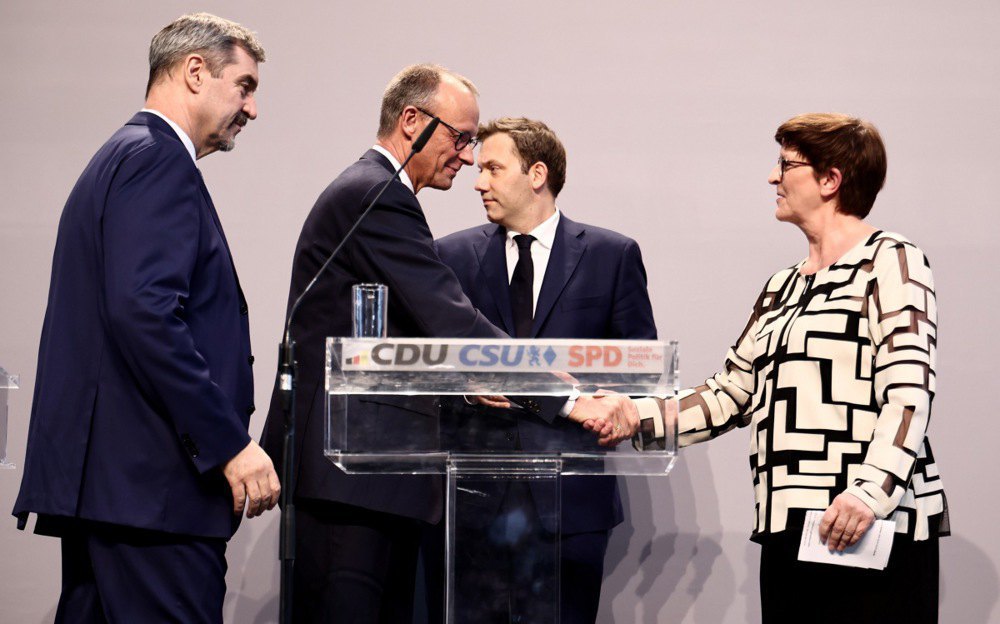
According to the agreement, the CDU will have six ministerial seats and the post of chancellor, the SPD will have six, and the CSU will have three. CDU nominees will run the ministries of foreign affairs, health, transport, economy and energy, family, digital and state modernisation. The CSU will get the ministries of the Interior, Education and Agriculture. The Social Democrats will get the ministries of finance, defence, economic development, labour, environment, construction and justice.
Although the CDU/CSU and SPD have spent less than a month negotiating a coalition, this does not guarantee that the future German government will have an easy and cloudless job. The CDU/CSU’s ratings fell by 5 per cent to 24 per cent, while Alternative for Germany rose to the top with 25 per cent. A new poll by the Forsa Institute also showed that: 60 per cent of Germans believe that Merz is not fit to be chancellor. At the end of March, 47% of respondents shared this opinion. Only 32% of Germans are now convinced that Merz is a good candidate to lead the government. In March, the number was 40 per cent.
The scepticism of the Germans, at first glance, is not entirely logical. After all, the political programme of the Grand Coalition is generally balanced and focuses on the main issues of concern to society. When presenting his government’s plans, Friedrich Merz promised to focus on three key issues: the economy, migration and security. In the economic sphere, the CDU leader stressed the need to strengthen competitiveness, increase investment and improve living standards. The main task of migration policy will be to stop the flow of illegal immigrants to Germany, cancel the fast-track citizenship procedure and abandon a number of migration programmes. The government will also pay attention to improving internal and external security. It will also increase defence spending and funding for the Bundeswehr.
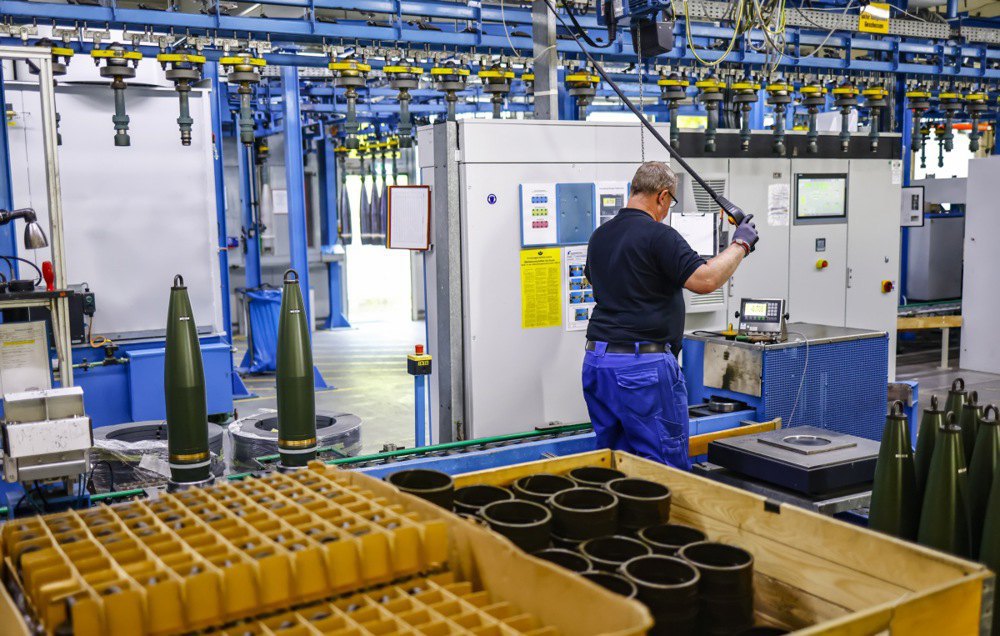
In the election campaign, the CDU/CSU bloc promised to significantly tighten control over migration. This political strategy was not chosen in vain. In this way, the conservatives tried to reduce the political threat of the Alternative for Germany and reflect on public sentiment.
The coalition agreement between the Conservatives and the Social Democrats also pays considerable attention to the issue of migration and aims to seriously limit the number of newcomers to Germany.
The new government coalition plans to introduce stricter border controls. In particular, people wishing to apply for international protection after arriving in Germany from another EU country will be denied entry. The new government plans to expedite the deportation of asylum seekers who have been refused residence in Germany. The coalition agreement also provides for the suspension of the right to family reunification for those who have been granted subsidiary protection status.
The number of countries classified as safe countries of origin will increase significantly. This will mean that asylum applications from citizens from these countries are more likely to be rejected. The three-year accelerated naturalisation process introduced by the previous government for particularly well-integrated immigrants will be abolished, and Germany will revert to the five-year legal residence requirement.
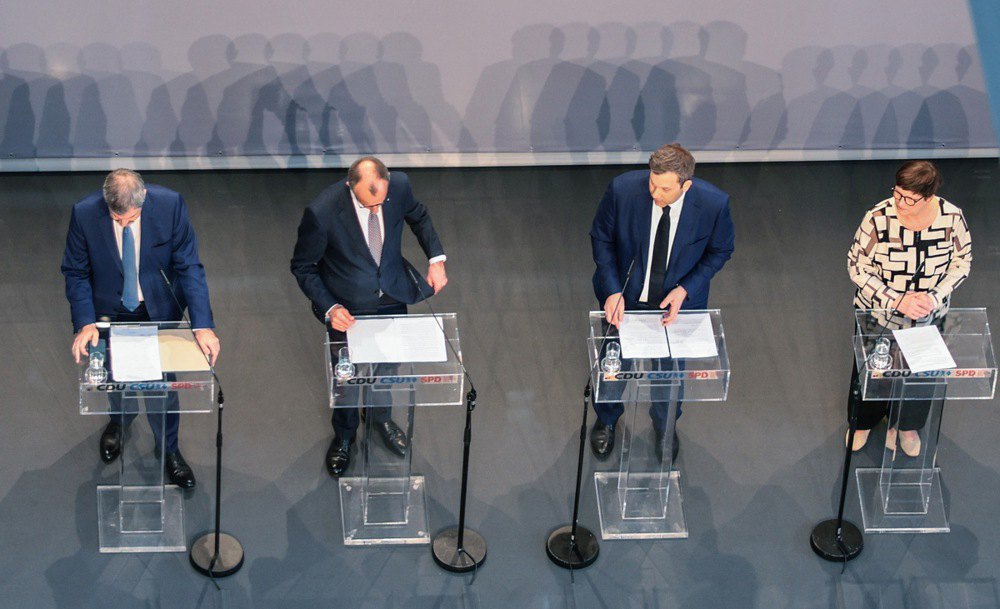
Such initiatives would seem to reassure Germans, 68% of whom believe that their country should accept fewer migrants. So what is the reason for the pessimism of a large proportion of voters and the subsequent rise in the ratings of Alternative for Germany?
Part of the disappointment in the winners of the early parliamentary elections can be explained by their inconsistency. Before the election, Merz and the CDU/CSU ruled out the possibility of lifting the debt ceiling to finance additional budget expenditures. But a month later, they radically changed their position. In March, the German parliament supported the future chancellor’s plan for a trillion euros in large-scale defence and infrastructure investments. Defence spending exceeding 1% of GDP will be exempted from debt restrictions.
Merz’s plans are ambitious. The German economy is stagnating. In 2024, the country’s GDP declined for the second year in a row. The government is faced with the task of giving a powerful impetus to the German industry and starting the process of rearmament. The funds that will be at the disposal of the government when the debt ceiling is cancelled are intended for this purpose.
Merz’s decision seems logical and is a response to the challenges facing Germany and Europe. But it did not go down well with some voters. Even one in three CDU/CSU supporters expressed doubts about Merz’s political manoeuvre. In order to allocate additional funds for rearming the Bundeswehr and modernising outdated infrastructure, the conservatives had already been forced to compromise with the Greens and agree to spend €100 billion on the green transition and carbon neutrality.
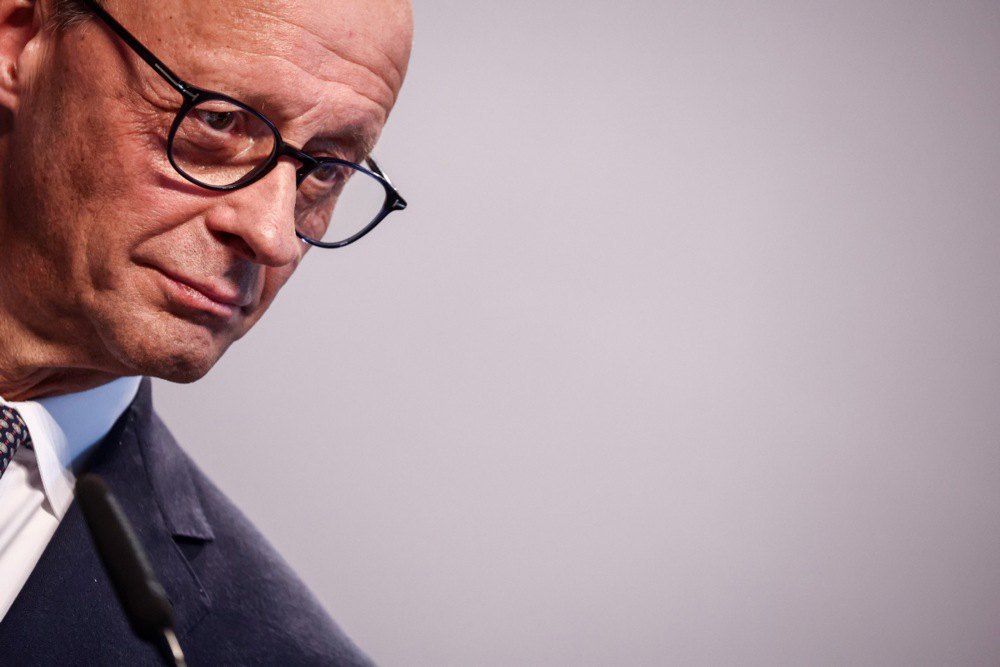
Another reason for the decline in trust is that Germans doubt the effectiveness of the grand coalition format. Before the election, Merz promised a radical change in policy, as Germany was experiencing a security crisis, a surge in illegal migration and a prolonged economic recession. The CDU/CSU leader expressed his intention to introduce a much stricter border regime, cut social benefits and reduce taxes for businesses. However, in the coalition agreement with the SPD, these plans were adjusted and softened, which disappointed the conservative electorate of Friedrich Merz’s party.
In the twenty-first century, Germany already had a long experience of joint governance by the centre-right CDU/CSU bloc and the centre-left SPD. The first, third and fourth governments of Angela Merkel worked in this format. It was the third Merkel government, which was in power in 2013–2018, that saw the peak of the migration crisis, provoked by the German authorities’ mistaken decision to open the borders to a million refugees.
Since then, German policy has undergone significant changes. Alternative for Germany has gained a strong foothold in the Bundestag. And the new leader of the CDU/CSU, Friedrich Merz, has made efforts to restore the conservative component of the bloc that it lost under Merkel. This helped the Christian Democrats win first place in the early parliamentary elections in February 2025. But ideological correction always has its limits. And the need to work in a government coalition with a party from a different political spectrum forces you to make sacrifices, abandon some of your initiatives or water down their content.
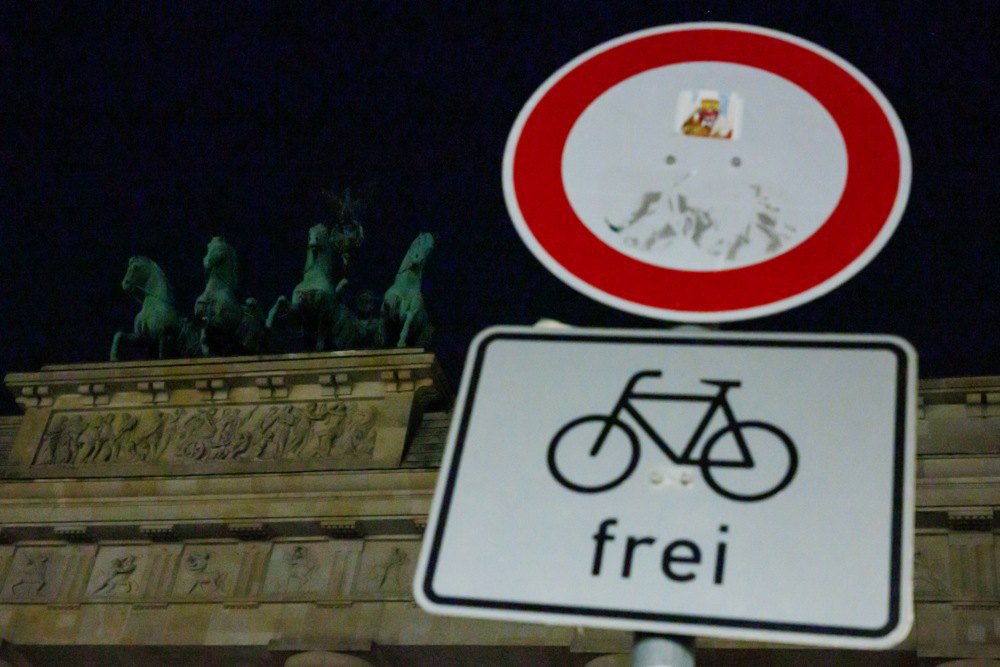
Commenting on the outcome of the negotiations on the formation of the ruling coalition, Merz said: “Germany is getting a strong government that can act.” But it will be difficult for the new chancellor to manoeuvre at the head of a grand coalition government. For Friedrich Merz, it is crucial to demonstrate the ability to overcome migration, economic, security and other challenges. Otherwise, there is a risk that in the next political cycle, Alternative for Germany could win and, for the first time in history, gain the right to form a federal government.








